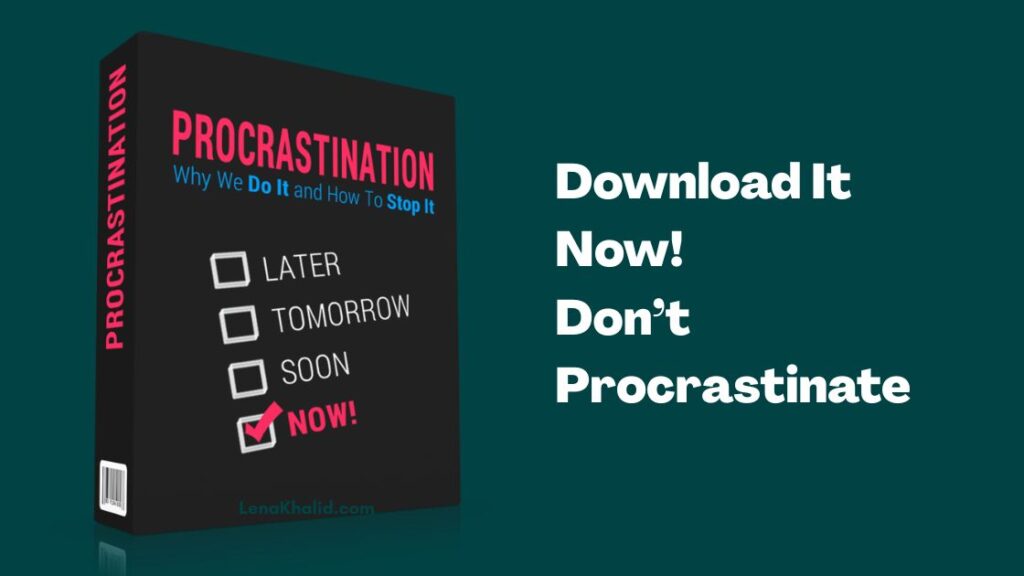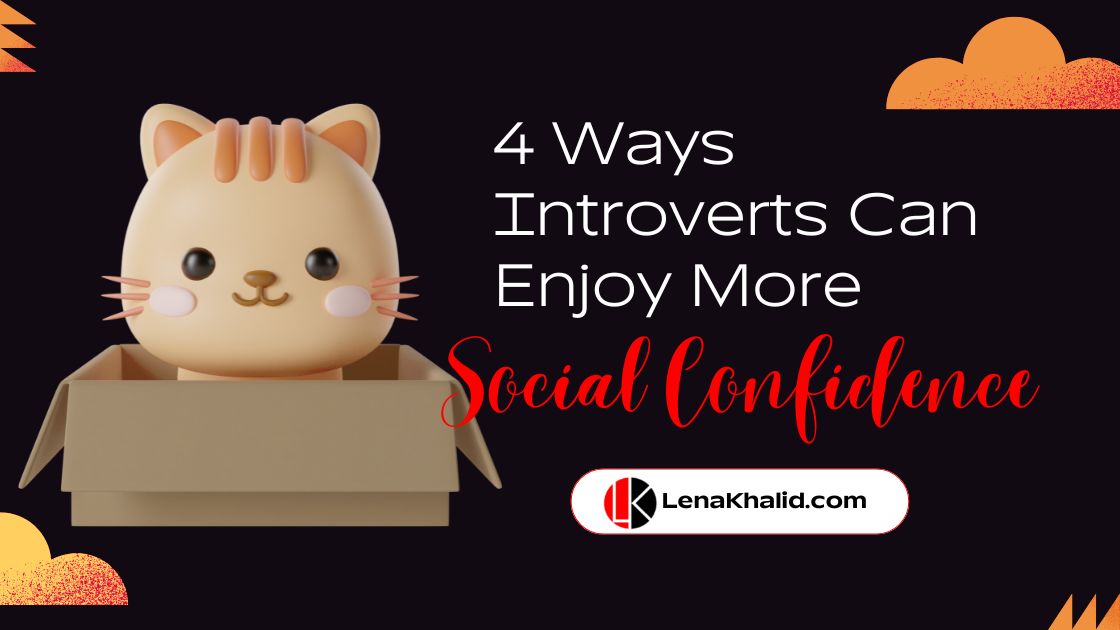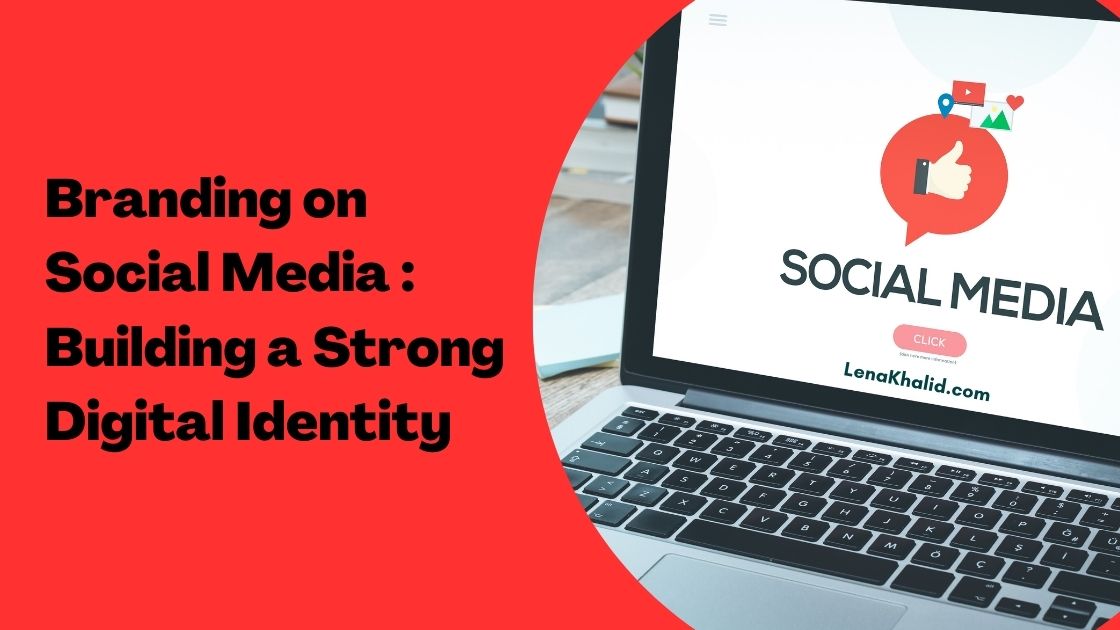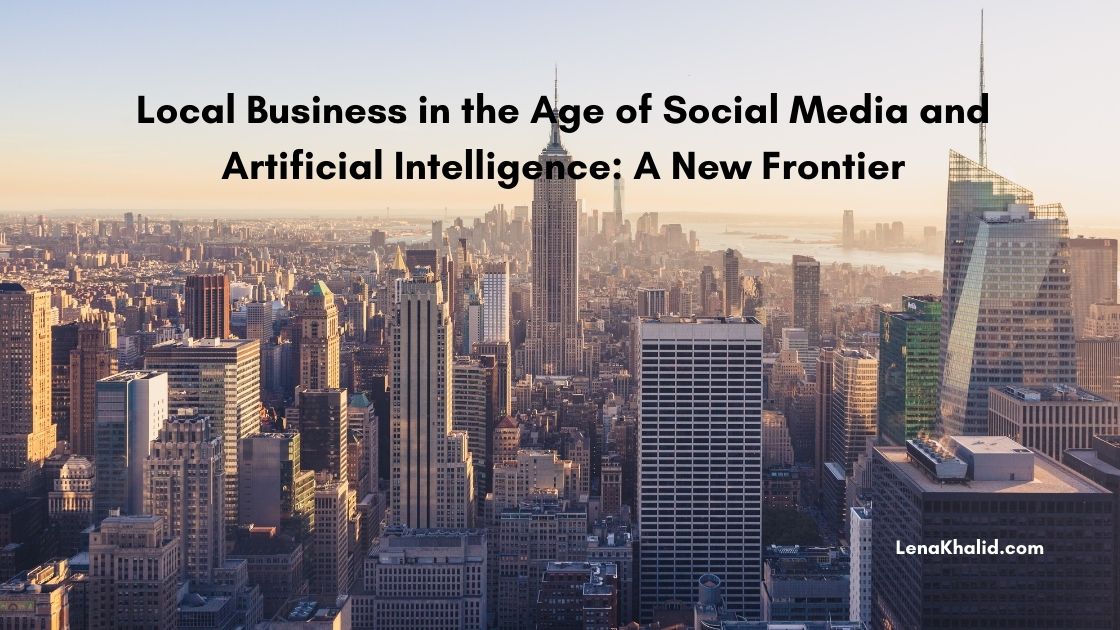
Why Women Dominate Influencer Marketing and Why It May Be the Right Career for You
In a time when women are fighting for pay equality, work-life balance and gender parity, there is one emerging industry where women dominate the scene: influencer marketing. Based on my experience casting influencers in campaigns as director of influencer strategy and talent partnerships at Hearst Digital Media and the research for a new book INFLUENCER: Building Your Personal Brand in the Age of Social Media, I’ve found that this is a field where women can often times charge up to four times their male counterparts.
Top-earning influencers are literally making millions of dollars to produce content on their social media platforms. And while you may think that you have to have the followings of people like Kendall Jenner, Selena Gomez and Gigi Hadid to make a career as a content creator, these days that’s not necessarily true. There are many influencers with a fraction of the followers who are making really good money!
So, why are women leading the pack in influencer marketing? And why might it be the best next move for you?
1. Social media audiences love personal stories.
Women on social media are more likely than men to share personal information and connect with family, friends and other like-minded individuals. They are, unsurprisingly, the majority of users on Facebook, Twitter, Pinterest and Instagram.
There are lots of factors that go into becoming a successful influencer, but at the top is authenticity. Can you connect with your audience through storytelling and will they engage with your content because it resonates with them? High-quality photos and videos are a very close second, but without the personal connection, they won’t get you very far.
As Krystal Bick of @krystal_bick told to me in an interview, “A quick glance at gender breakdowns across different platforms will show women are far more active and engaged than men on social media, and the ability to connect meaningfully with this audience is a career path that wasn’t necessarily available say, 10 years ago.”
Figure out your three “whys”: Why do you want to tell your story? Why do you want to do it through a blog or on YouTube/Instagram? Why are you the person to tell this particular story? Maybe you have seven children like Olya Hill of @livingnotes and want to talk about raising a large family, or maybe you feel underrepresented in a category like beauty influencer Jackie Aina of @jackieaina and want women who look like you to know they are beautiful. Whatever your “why,” stick to it and let it guide your storytelling.
In an email to me, Joy Cho of @ohjoy noted, “We all have a story and a voice, and we live in a day where we have platforms to share our voice with the world if we want to.”
2. Social proof is at the heart of influencer marketing.
Studies show that 86 percent of women consult social media before making a purchase, and who are they looking to? Their favorite influencer who has the same skin tone, body shape, aged child or taste.
Influencer marketing has evolved, and there are now dozens of metrics, but it really comes down to creators using products, giving authentic and honest reviews, and getting their audience’s feedback. While you are unique, there are thousands, if not millions of women dealing with the same issues you face. Whether it’s small (will this lipstick still be on at the end of the day?) or large (how can I deal with postpartum depression?) women are looking online to find social media content that answers their questions. By giving your reviews on products, and essentially co-signing items you post on your feed, you are giving your audience insight into your likes and dislikes.
In Q1 of 2017, 13 percent of all advertising dollars, including influencer marketing spends, was spent by the retail industry. And the referral traffic is worth it. In 2017, influencers that used RewardStyle affiliate links drove 80 percent of mobile visits to Nordstrom.com, 34 percent of the referral traffic to Revolve.com, 31 percent to net-a-porter.com, 22 percent to Sephora.com and 24 percent to Amazon-owned Shopbop.com.
“Realistically speaking, women use more products than men in their day-to-day,” noted influencer Jeanne Grey of @thegreylayers in an email to me. “Because of this, there is a strong interest in watching women test our new products and share their favorites.”
You can take a look in your purse, car and around your house to find products that have changed your life or brands you swear by. These are brands that would be a natural fit for you to partner with. Your views on these items are important and will drive the purchase decisions of people who follow you. Just like showing a friend your new bag that goes from work to the gym and then out for dinner will motivate her to pick one up, the same goes for social media. But, instead of one-to-one, it’s one to thousands or millions. You can start by including these brands in your organic content so you can use them as examples when reaching out to brands for in-kind and/or paid partnerships.
Alyssa Bossio, aka @effortlyss, is a top influencer with nearly 2 million followers on Instagram. In an interview with me, she said, “We have built strong brands with strong audiences that listen to us, and that drives amazing return on investment for brands who want to work with us. We are the new faces of digital marketing, and we have the power to influence thousands, if not millions, of people, and that’s extremely valuable.”
3. There has never been a better time to start a business as a woman.
Many people think of influencers as just pretty faces who take nice pictures, but they don’t realize influencer marketing is a multibillion-dollar business and that the Social Media Millionaires club is real. It is well-documented that traditional business women receive less funding than men and that number is even smaller for minority women. But, in influencer marketing, you can get started with a camera, a few editing programs and items you already own.
It is hard work to build an audience, and even harder work to build a standalone brand, but it can be done. Sona Gasparian of @sonagasparian has turned her online influence into a cosmetics brand, Persona Cosmetics, that is now carried at Ulta. Joy Cho has multiple lines that are carried at Target. Having your own line of cosmetics, apparel, kitchenware or travel accessories can seem like a lofty goal, but if you build an audience that would benefit from your project, you are one step closer. Think backwards from your big goal. What are you trying to achieve and what experiences/relationships will you need to achieve it? Once you have that mapped out you will know which projects to accept, which events to attend, and how to structure your roadmap to success.
“I think it’s about time women dominated an industry that sits on billions of dollars,” says Teni Panosian of @tenipanosian in my book INFLUENCER. “We’ve created a space where we’ve taken our respective leads in our careers, each in our own way, and that’s extremely rare. This line of work allows content creators to do practically anything we want; we make decisions that determine where our careers go. And, industry-wide, we keep a certain level of quality and professionalism that has allowed us to be taken seriously. Truly, what other industry do you know of that allows women to make the kind of living that we do? We don’t focus on that fact very often but it’s monumental.”
There are more influencers now than ever before, but the size of the pie is also getting larger. Figure out your “why,” identify brands that would be an organic fit and get started on your future. Someone has to be a part of the next wave of successful influencers. Why not you?





